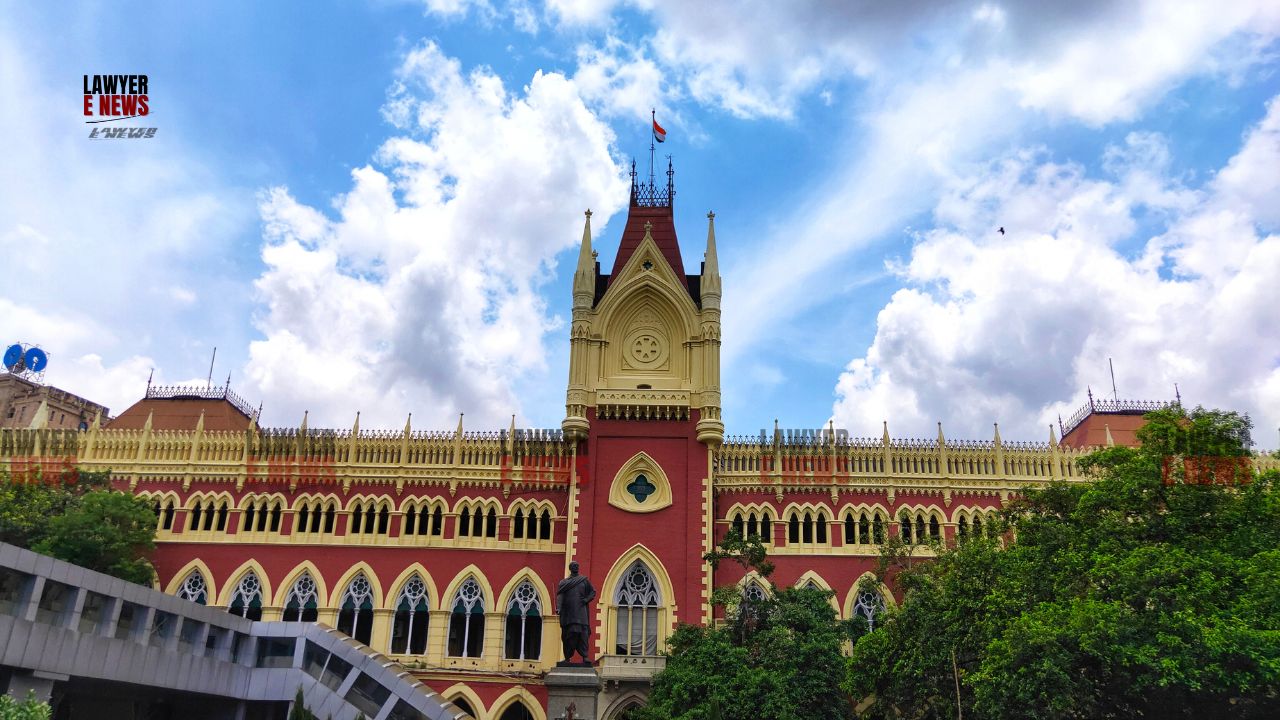-
by Admin
15 February 2026 5:01 PM



The Calcutta High Court has quashed the criminal proceedings in the high-profile case involving charges of extortion, cheating, and criminal conspiracy against Dev Jyoti Chatterjee and others. Justice Tirthankar Ghosh, delivering the judgment, underscored the malicious intent and misuse of the judicial process by the complainant, Abhijit Paul. The decision, rendered on August 2, 2024, highlights significant legal principles regarding the abuse of the criminal justice system.
The case originated from a complaint filed by Abhijit Paul, Managing Director of Dr. Paul’s Multispecialty Clinic Pvt. Ltd., on May 28, 2019. Paul alleged that Dev Jyoti Chatterjee, along with Shukla Chatterjee, Priya Chatterjee, and others, demanded Rs. 1.40 crore under threats of violence and death. The complaint detailed instances of intimidation and physical assault, including an incident where unidentified persons threatened Paul and his family with dire consequences if the money was not paid. The complaint led to the registration of FIR No. 420 of 2019 at Dum Dum Police Station, with subsequent charges under Sections 384, 420, and 120B of the Indian Penal Code.
Justice Ghosh scrutinized the materials on record, including the statements of witnesses and the Case Diary, to determine the veracity of the allegations. The Court noted discrepancies and suppression of crucial facts by the complainant, which pointed towards a deliberate attempt to manipulate the judicial process.
The Court found that the complainant had a prior business relationship with the accused and that financial disputes existed between them. The complainant had previously undertaken to repay money in a related case in Patna, which he failed to do, prompting him to file the present complaint. The Court observed, “The complainant has scripted a series of allegations, suppressed material facts, and abused the process of Court thereby causing grave miscarriage of justice.”
Justice Ghosh emphasized the complainant’s omission of prior transactions and agreements, which were crucial to the context of the allegations. The Court highlighted that the complainant’s narrative was tailored to invoke a criminal case, disregarding the pre-existing business disputes.
The judgment elaborated on the principles of invoking Section 482 of the Code of Criminal Procedure, which empowers the High Court to quash proceedings to prevent abuse of the process of law. The Court referred to precedents, including Rajiv Thapar & Ors. V. Madan Lal Kapoor and Achin Gupta v. State of Haryana, which outline the conditions under which the High Court can exercise its inherent powers.
Justice Ghosh remarked, “In frivolous or vexatious proceedings, the court owes a duty to look into many other attending circumstances emerging from the record of the case over and above the averments and, if need be, with due care and circumspection, to try and read between the lines.”
The Calcutta High Court’s decision to quash the criminal proceedings in this case underscores the judiciary’s commitment to preventing the misuse of legal mechanisms for personal vendetta. By affirming the importance of transparency and truthfulness in legal proceedings, the judgment sends a strong message against the manipulation of the criminal justice system. This ruling is expected to serve as a precedent in safeguarding the integrity of judicial processes.
Date of Decision: August 2, 2024
Dev Jyoti Chatterjee & Ors. Vs. The State of West Bengal & Anr.
